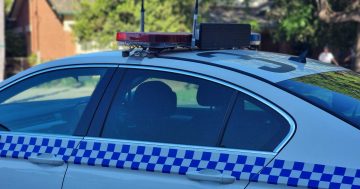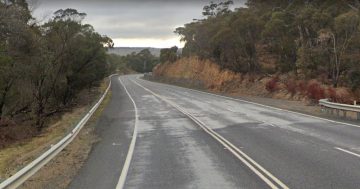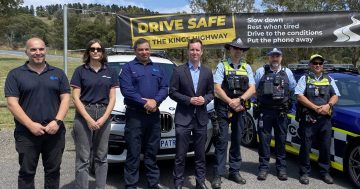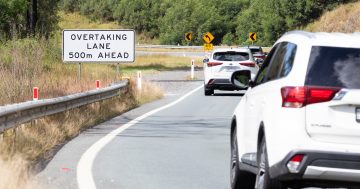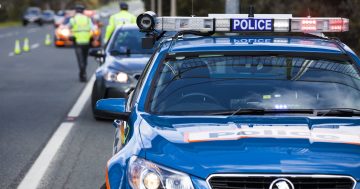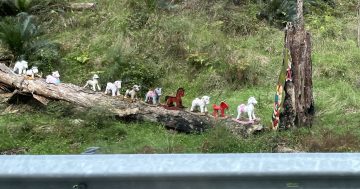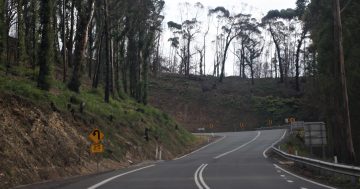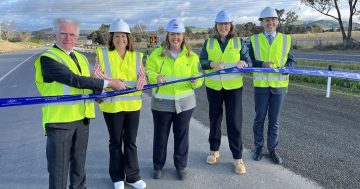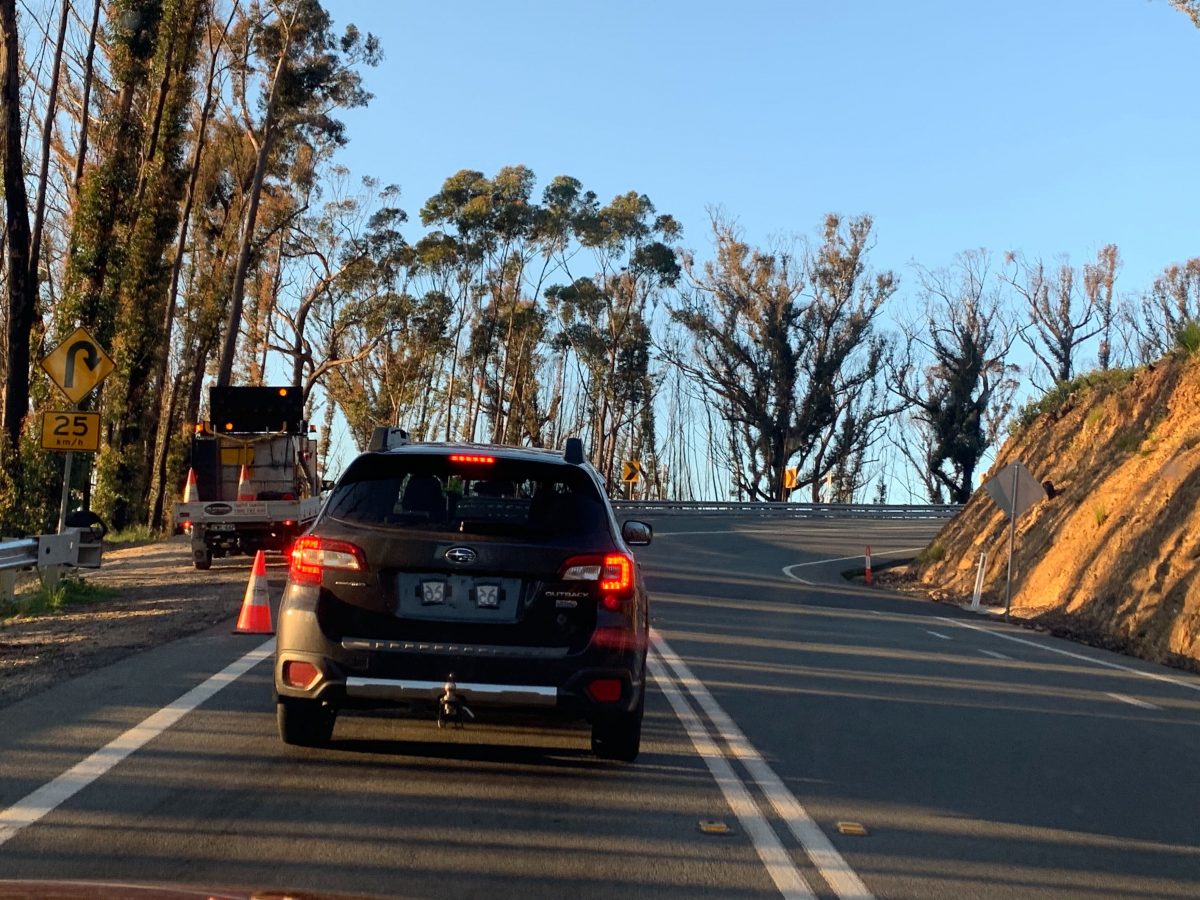
With the Kings Highway packed with holiday traffic, all types of drivers are out on the road. Which type are you? Photo: Kim Treasure.
As a Canberra coast commuter driving the Kings Highway for more than 25 years, I reckon I have driven through and seen just about everything.
Fog, frost, torrential rain, hail, bushfires; you name it, I have driven in it.
There have been mudslides and potholes so big I have had to take the 100 Series LandCruiser to get through to Canberra when the two-wheel-drive hatchback wouldn’t make it through.
Transport for NSW has significantly upgraded the highway from a dangerous road through the forest, to the safer road we drive today. For that I am grateful, but I am convinced someone in a Sydney office makes sure that we commuters never get a break from the stop/go and always have roadworks to navigate.
The crew in our Canberra newsroom is often aghast when I tell them the latest kangaroo hit or miss. I haven’t hit a wombat … yet, but I have hit a deer (go figure).
I have also come across too many horrendous accidents, some fatal, and many leaving life-changing injuries, so it is not a commute I take lightly.
Even after all this time, my husband still checks in on me, the same way I asked my kids to when they moved from the coast to Canberra for uni – although he doesn’t make me check in at Braidwood like they had to, so I could stop worrying.
And then there is holiday time. Oh, my goodness.
In just one trip last week, my bingo card of every bad habit and pet peeve was filled.
So holidaymakers and travellers, here is my list of tips and tricks and how to navigate the Kings Highway to keep yourselves safe, and me and everyone else sane.
If you are scared, let us pass.
I get it, the trip up and down the Clyde can be challenging.
If the Tuggeranong Parkway is the longest drive you do all year, those bends on the mountain can be scary. That’s OK.
But when the road straightens (usually when Transport for NSW has installed an overtaking lane), that is not an opportunity for you to heave a sigh of relief and finally come up to the speed limit from your nervous 60 km/h, it’s our time to safely pass before you slow down when the road gets scary again.
The holidays are not an opportunity for your learner driver to get their hours up
Seriously, it is trauma-inducing for them and us. Teenagers hate being looked at, let alone having the seething eyes of 20 drivers in a line behind them while they negotiate Government Bend for the first time.
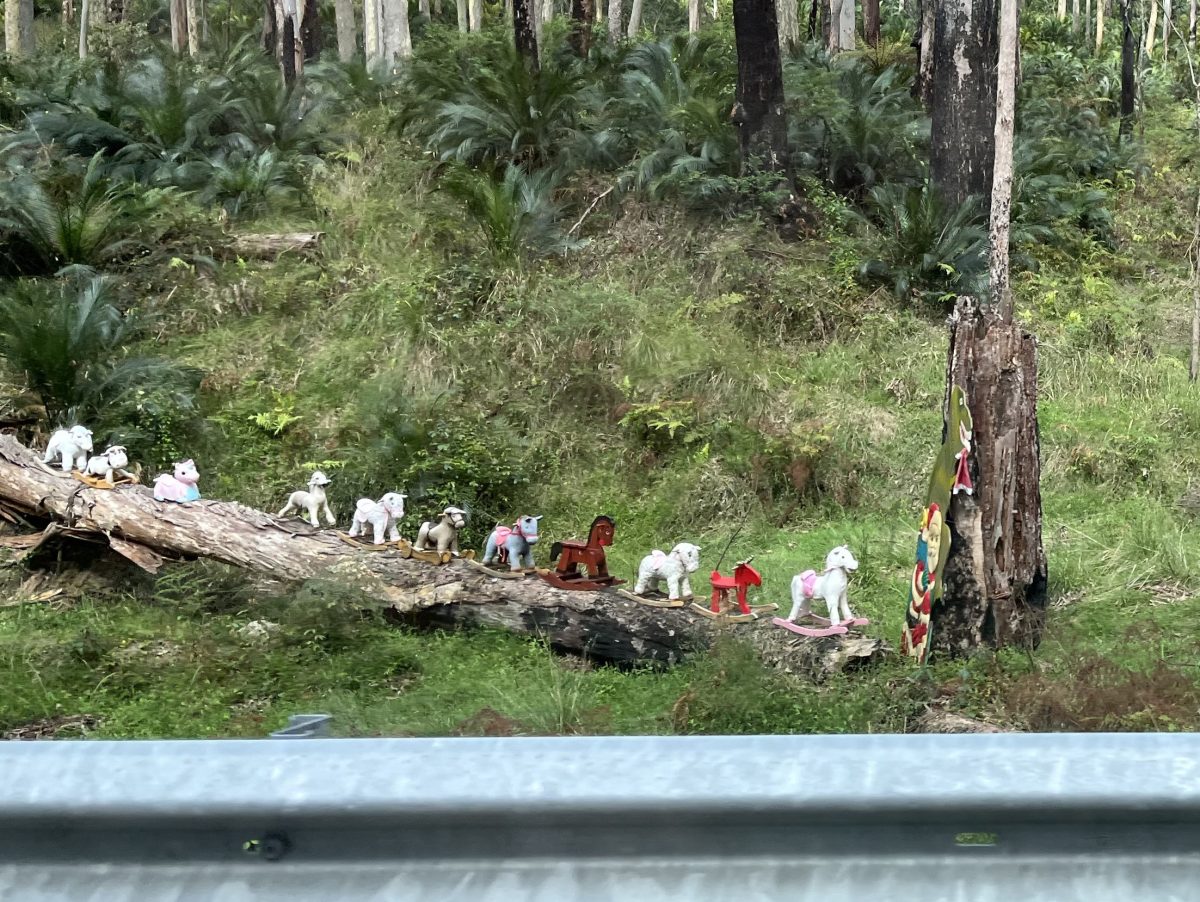
There is a lot to see on the Kings Highway, but make sure to stop in a place where you have room and others can see you. Photo: Kim Treasure.
If you need to stop, find a safe place
Failing a breakdown, please don’t stop on the side of the road, on a steep hill, on a curve, in front of an arrestor bed, where there is no shoulder or just before a left-hand turn.
Vomiting kids are no exception. I had one child who never got up the Clyde without vomiting until she was in high school.
Line a bucket with a plastic bag and put it on their lap. They can vomit while you drive and you can tie a knot in it and gift the nearest bin in Braidwood or the Bay with the package.
Tailgating does not make people go faster
Know rule one – don’t be a dickhead.
Yeah, you washed your big ute or four-wheel drive and loaded up the tools or the toys for the trip, but that doesn’t mean the Kings Highway is your racetrack and you need to poke your big driving lights into the rear window of other drivers who are just trying to stay safe.
We know you want to pass; please give everyone some space and you can hit the accelerator when the overtaking lane comes up.
Pressuring other drivers just makes people do dumb (dangerous) things.
Leave the phone alone, we can tell you are on it
According to the Transport Accident Commission, drivers who use their phone while driving are 10 times more likely to crash and reports have shown distracted driving may be as dangerous, if not more dangerous, than drink-driving. Don’t be smug, hands-free is still a distraction.
We know you are on the phone: you slow down, you weave across the lane and then when we pass, some of you suddenly decide the small hatchback that just went by was an affront and you have to go 120 km/h to claim your space in front.
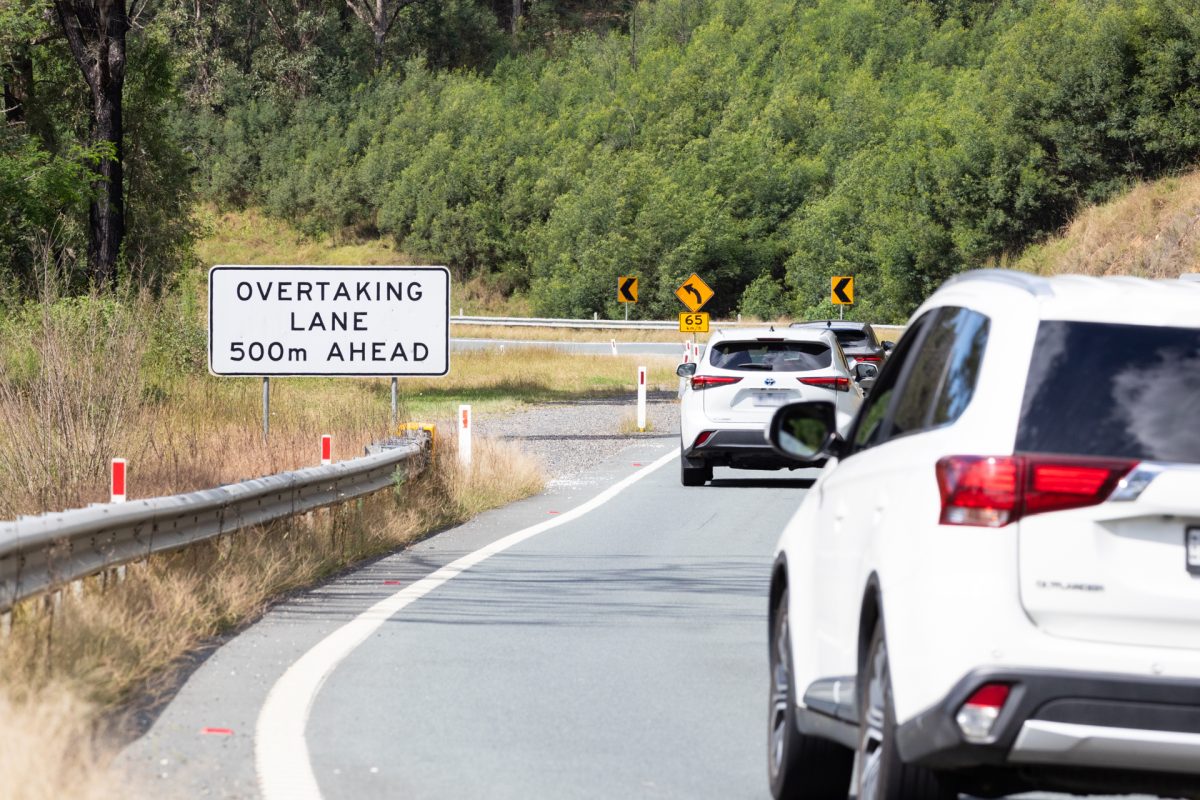
If you are a nervous driver, the straight bits of road are not there for you to get back up to speed. Let others pass before the next set of bends. Photo: Michelle Kroll.
Be prepared for the wildlife
Think about when you are going to be on the road and avoid dawn or dusk where you can. Wildlife is more likely to cross when they don’t see your headlights, so be careful when you are on crests and curves. Slow down, and look on the sides of the road.
And if an unlucky skippy comes out, your modern ABS will look after you. Don’t swerve or second guess them, their brains are not that big.
It sounds callous, but you are better off lining them up and hitting them straight on than risking your safety and rolling off the side of the road.
Do everyone a favour and disobey the speed sign if you can’t see
In torrential rain, fog, or a big storm, please drive to the conditions. The speed limit is just that – the limit. No one says you have to drive at 80 km/h if you can’t see.
The other drivers might be quietly relieved that you can all drive in a line of tail-lights while the heavens open up around you.
Take a break
I am a master micro-napper. After a terrible night’s sleep or a big workday, I know the signs. I have napped near the park at Braidwood, the top of the Clyde, Warri Reserve (without the cookers) and even the Bungendore cemetery. No-one says you have to drive it all in one go.
You don’t all have to leave at the same time
Know those long queues to get through Braidwood? That is everyone packing up and leaving as soon as they have to leave their accommodation. Leave a bit later, go to the beach, take a walk, or have lunch somewhere else on a busy holiday weekend. Just don’t add yourself to the queue.
Enjoy the drive
Even after all these years and the hundreds of times I have made the trip, I am still not sick of driving that road. No trip is ever the same: the light, the sky, the weather, the bush, the hills, they all change.
Take a breath, look out and take it all in. You get to drive on what I think is one of the most scenic drives in Australia, across the plains of the Monaro and down the escarpment through some of the wilderness forests of South-East Australia.












